#wwii films
Explore tagged Tumblr posts
Text














The Six Triple Eight (2024)
"Can the troops march?"
"Yes, sir. I have the best marching troop you have ever seen, sir."
#thesixtripleeightedit#wwiiedit#the six triple eight#6888th central postal battalion#wac#womens army corp#wwii films#wwii movies#wwii#world war ii#women in wwii#my gifs#mod post#perioddramagifs#perioddramaedit#sixtripleeightedit#six triple eight#perioddramasource#perioddramagif#kerry washington#charity adams#charity adams earley
75 notes
·
View notes
Text

Soldier of Orange (1977) oh hey, looks like Paul Verhoeven's WWII Dutch resistance drama is free to watch on Tubi! Been hoping that some of his 70's / 80's dutch films got some kind of re-release over here but this will do for now. And hey, they also got Black Book, his spiritual sequel / companion piece (...and maybe his best movie).
#movies#posters#paul verhoeven#soldier of orange#black book#foreign films#wwii films#dutch films#rutger hauer#jeroen krabbe
10 notes
·
View notes
Photo

#the zoo keeper's wife#jessica chastain#daniel brühl#movie poster#movie posters#film#films#wwii films
11 notes
·
View notes
Text








Come and See, 1985, USSR/Belarus, Dir. Elem Klimov
youtube
0 notes
Text




September 8, 1942 — "HEDY LAMARR SPURS WAR BOND SALE! The glamorous star makes personal appearance before thousands of admiring fans in Newark, New Jersey, as drive, slated for the entire country, goes into high gear."
#marciabrady#filmedit#film#classicfilmedit#oldhollywoodedit#world war ii#wwii#hedy lamarr#1940s#mygifs*#newsreels*
2K notes
·
View notes
Text
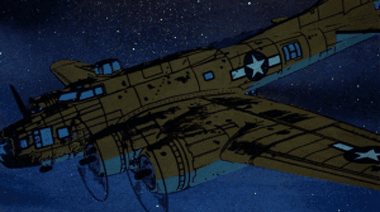
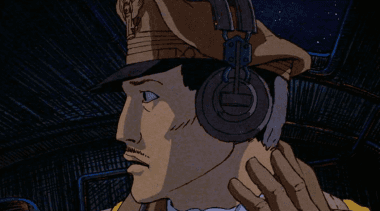
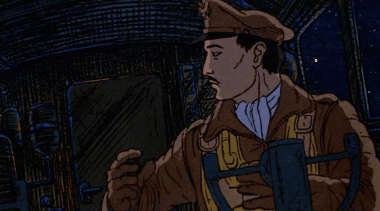

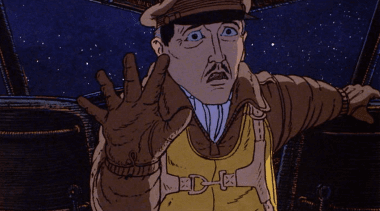
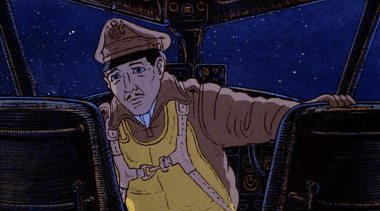
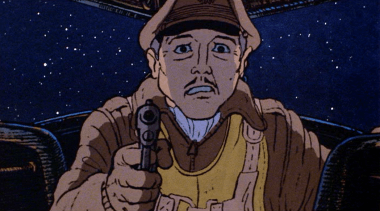
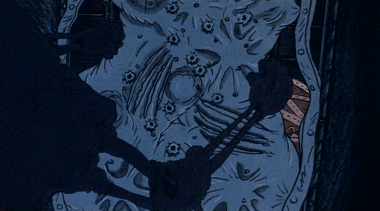
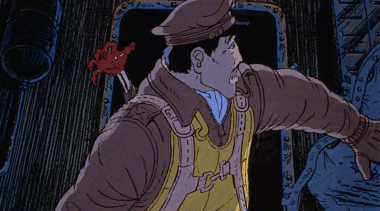
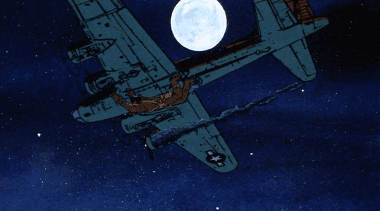
B-17 - Heavy Metal (1981)
#heavy metal gif#b-17 gif#cw flashing#heavy metal movie#80s animation#animated features#80s horror#wwii#zombies#dan o'bannon#barrie nelson#atkinson film-arts#80s movies#1980s#1981#gif#chronoscaph gif
1K notes
·
View notes
Text
okay so i saw The Bikeriders today and i knew i wouldn't be normal about this movie and even though my expectations were impossibly high it exceeded them. i was happy for it to just be a cool movie for the sake of being a cool movie, toxic masculinity ultraviolence whatever, and it was but with Jodie Comer's character narrating about what fucking idiots all these macho biker dudes are. it's like if a woman narrated Fight Club while constantly pointing out how stupid Fight Club is
also, most of it was filmed near where i live and it was so exciting seeing places i recognized! it's been all over the news for weeks
things i loved about it:
protective older woman/loose cannon younger man
lowkey romantic stalking
a relationship suspiciously close to a throuple, by which i mean protective older woman goes to war against possessive older man, re: their mutual intense love for loose cannon younger man. and that's not even subtext that's just text
hot sadboy who doesn’t talk much and is so cool he doesn’t know how cool he is
british people doing midwestern accents
NO PLOT, god bless. just stuff happening and a lot of gay tension building
accurate portrayals of the aftermath of the vietnam war
accurate portrayals of mid-century small-town life
accurate portrayals of men being fucking pathetic
things i did not love about it:
for the love of god please wear a helmet
idk man it's just a whole-ass movie about how vietnam changed the very definition of masculinity, and that awkward era between wwii and vietnam when guys were rebellious for the aesthetic, rebel without a cause shit, twinks in leather jackets manhood. the movie even points that out, like they're so against rules but then they make all these rules for their silly little biker gang because they're bored. and then allll these vets come home from a war nobody wanted and they're actually rebelling, full anti-establishment, and there's just no more honor anymore because everybody's broken. which is all to say, somebody please come into my ask and be insane about this movie with me.
anyway i'm seeing it again tomorrow and i have already started an ot3 fic goodbye
#the bikeriders#listen i did the math and johnny could've been in wwii#also why didn't benny go to vietnam#or like how was that not a conflict#my headcanon is that he actually comes from a wealthy background or something and his father bought his way out#so many tumblr sexymen are in this film#it's been out for nearly 24 hours#judge judy tapping watch repeatedly#get on it fandom#the x reader girlies and mlm fanpeople are gonna be so wild for this#i have like 10 metas in my head i gotta figure out a way to get all these thoughts out help me
302 notes
·
View notes
Text







The Six Triple Eight (2024)
"WACs are now taking over 239 different kinds of vital Army jobs. With such a variety of work to be done, there is an opportunity for every woman!"
Excerpt from the 1944 recruiting brochure "News For You: You're Opportunities in the WAC"
#sixtripleeightedit#wwiiedit#the six triple eight#6888th central postal battalion#wac#womens army corp#wwii films#wwii movies#wwii#world war ii#women in wwii#my gifs#mod post#perioddramagifs#perioddramaedit#thesixtripleeightedit#perioddramasource#perioddramagif#six triple eight
42 notes
·
View notes
Text
There are two things about Oppenheimer and the time period it depicts that if you ignore them in your critique of the film I will absolutely not consider you a serious person, and they are: 1. Oppenheimer was a Jewish man motivated by the fear that the Nazis would make the atomic bomb before America did; and 2. Imperial Japan was just as bad as Nazi Germany. If you refuse to grapple with those 2 historical facts in order to make your “hot take” about the movie, you should probably just stop talking.
480 notes
·
View notes
Text








Liev Schreiber as Zus Bielski
DEFIANCE
2008 | Dir. Edward Zwick
#mygifs#cinema#film#defiance#liev schreiber#defiance movie#wwii#world war 2#world war two#daniel craig#jamie bell#edward zwick#war film#war movies#leading man
71 notes
·
View notes
Text



"Yorki?" "Jojo!"
Jojo Rabbit (2019)
#2019#gif#film#movie#WWII#Jojo Rabbit#Taika Waititi#Roman Griffin Davis#Johannes Betzler#Jojo Betzler#Jojo#Archie Yates#Yorki#Christian Howlings#Bazooka Boy#Thomasin McKenzie#Elsa Korr#Scarlett Johansson#Rosie#Sam Rockwell#Captain Klenzendorf#Captain K#Alfie Allen#Freddy Finkel#Stephen Merchant#Captain Deertz#Ost Falkenheim#Germany#Mauser#Karabiner 98K
73 notes
·
View notes
Text







February 18, 1942: "Lana Turner Spurs Bond Sales! The lovely film star does a land office business for Defense, autographing every purchase . . . and for service men, a special dividend, a real Hollywood clinch!"
#marciabrady#filmedit#film#oldhollywoodedit#classicfilmedit#vintage#wwii#world war ii#lana turner#1940s#mygifs*#newsreels*
486 notes
·
View notes
Text

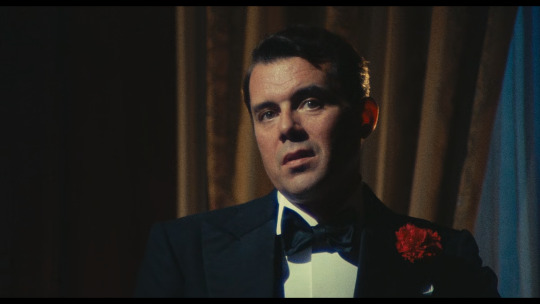
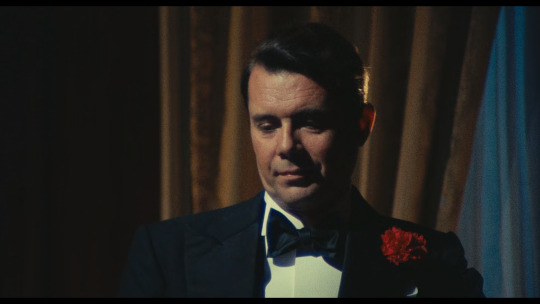
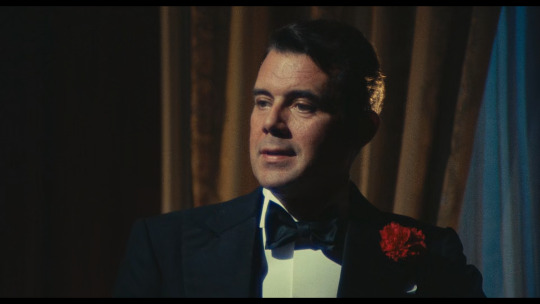
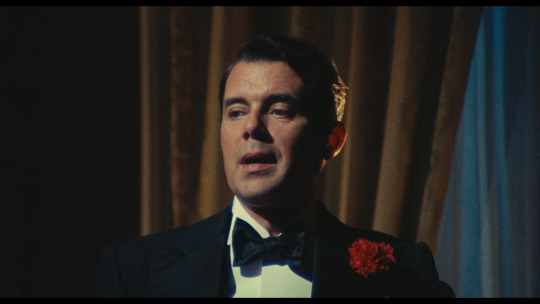
Dirk Bogarde in The Damned (1969)
#just obsessed with his facial journeys#like his micro expressions and the control he has....insane#dirk bogarde#the damned#luchino visconti#La caduta degli dei#1930s#1960s#wwii#filmedit#film#my screencaps#edit#vintage film edit#italian cinema
44 notes
·
View notes
Text

Hiroshima Peace Memorial
Hiroshima, Japan
#hiroshima#atomic bomb dome#atomic bomb#wwii#cherry blossoms#japan#nihon#nikon fm3a#voigtlander 58mm 1.4#film#analog#filmisnotdead#ishootfilm#35mm#photographers on tumblr#memorial#hiroshima peace memorial
35 notes
·
View notes
Text



#girl rotting#girl blog#girl blogger#ceniphile#cenima#film#movie#movies#film review#film stills#film screencaps#screencaps#quentin tarantino#inglorious basterds#brad pitt#wwii
28 notes
·
View notes
Text






The Six Triple Eight (2024)
"The WAC recruit upon arrival at a WAC training center was met by Army trucks, to and from which she carried her own luggage like other recruits...Recruits straggled in all week from recruiting stations all over the nation, and were grouped into basic classes that began weekly."
"After a few hectic classes in which the entire basic course was disrupted by such matters as uniform fittings, illness from shots, and visits to classification offices, the training centers [activated] reception and staging companies or battalions, which received the women and completed their processing in the first week, before turning them over to a basic company."
Excerpt from Chapter XXXII "Training" in United States Army in World War II Special Studies: The Women's Army Corp by Maddie Treadwell, Center of Military History United States Army Washing D.C. 1991
#sixtripleeightedit#wwiiedit#the six triple eight#6888th central postal battalion#wac#womens army corp#wwii films#wwii movies#wwii#world war ii#women in wwii#my gifs#mod post#thesixtripleeightedit#perioddramasource#perioddramaedit#perioddramagif#perioddramagifs#period drama
38 notes
·
View notes